Hay Fever Injections: Side Effects, Costs and How Does it Work?


Related products
Hay fever, also known as allergic rhinitis, is a common condition that occurs when the immune system overreacts to airborne allergens, such as pollen, dust mites, or pet dander. For individuals suffering from severe hay fever symptoms, hay fever injections have become an increasingly popular treatment option. However, many people also manage their symptoms effectively with oral antihistamines and nasal treatments like those available through Welzo’s range of hay fever tablets and antihistamines. This article delves into the various aspects of hay fever injections, including their mechanism of action, side effects, costs in the UK, availability on the NHS, and where to receive them.
How do hay fever injections work?
Hay fever injections work by suppressing the immune system's overreaction to allergens. Hay fever injections include steroid injections, which have anti-inflammatory properties, or allergen immunotherapy, which aims to desensitize the immune system to specific allergens over time.
Types of Hay Fever Injections
Steroid Injections: These injections typically contain a corticosteroid, such as triamcinolone or methylprednisolone. They help reduce inflammation and provide relief from severe hay fever symptoms.
Allergen Immunotherapy: Also known as allergy shots, allergen immunotherapy involves injecting small amounts of allergens into the body to gradually desensitize the immune system to these allergens. The hay fever injection treatment is usually administered over several years and leads to long-term relief from hay fever symptoms.
What are the benefits of Hay Fever Injections?
Hay fever injections provide significant relief for individuals with severe hay fever symptoms that do not respond well to other treatments, such as antihistamines, decongestants, or nasal corticosteroids. The duration of effectiveness varies, with steroid injections providing relief for several weeks to months, while allergen immunotherapy offers long-term relief over several years.
Side Effects of Hay Fever Injections
- Common side effects of hay fever injections include pain at the injection site, headaches, and fatigue. These side effects are generally mild and resolve on their own over time.
- Rarely, hay fever injections causes more serious side effects, such as infection, allergic reactions, or adverse effects from steroids, including weight gain, mood changes, or osteoporosis. It is essential to discuss potential side effects with a healthcare provider before starting any treatment.
How much do Hay Fever Injections cost in the UK?
Hay fever injections costs cost £100 - £259 privately, but are free on the National Health Service (NHS). Hay fever injection costs may vary depending on factors such as the type of injection, the location of the clinic, and whether the treatment is offered through the or privately, it is crucial to research and compare prices before choosing a provider. Generally, steroid injections are less expensive than allergen immunotherapy, but the latter may provide more long-lasting relief from hay fever symptoms, making it a cost-effective choice for some patients.
While hay fever injections, particularly allergen immunotherapy, are available through the NHS in some cases, they are typically reserved for patients who have not responded well to other treatments, such as antihistamines, decongestants, or nasal corticosteroids. To determine eligibility for NHS-funded treatment, a thorough evaluation by an allergist or primary care physician is necessary.
Where to Get Hay Fever Injections in the UK?
Hay fever injections are obtained through a variety of healthcare settings, including private clinics, NHS facilities, and allergy specialists. It is essential to consult with a healthcare professional experienced in administering hay fever injections to ensure the treatment is safe and effective. Additionally, the provider's experience with hay fever injections and seeking recommendations from friends, family, or online reviews help patients find a reputable provider.
What are alternative Treatment Options for Hay Fever?
While hay fever injections are effective for some individuals, it is essential to explore alternative treatment options that may provide relief for those who are not candidates for injections or prefer a different approach. Some popular alternatives include over-the-counter antihistamines, nasal congestions, and natural remedies. In addition, complementary and alternative medicine therapies such as acupuncture, herbal remedies, or homeopathy may also provide relief for some individuals.
Here are some effective non-injection alternatives available through Welzo:
-
LCON Hay Fever Allergy Formula (500ml)
This liquid supplement combines natural antihistamines and anti-inflammatory ingredients to support seasonal allergy relief. Ideal for those seeking a non-pharmaceutical option. It may help reduce sneezing, congestion, and itchy eyes without the need for injections. -
Piriteze Allergy Tablets
A trusted over-the-counter antihistamine containing cetirizine, effective for relieving hay fever, pet, and dust allergies. These tablets provide daily symptom relief and are a convenient oral alternative to injections. -
Pirinase Hayfever Nasal Spray (60 Dose)
A corticosteroid nasal spray that targets inflammation directly in the nasal passages. It helps control sneezing, runny nose, and congestion without systemic effects, making it a go-to alternative to allergy shots. -
Sterimar Hayfever & Allergies Nasal Spray
Made with 100% natural sea water and enriched with manganese, this spray gently clears allergens from the nose. It’s drug-free and safe for daily use, ideal for those looking to avoid medication or injections. -
Cetirizine Dihydrochloride 10mg Tablets (Pack of 30)
These once-daily antihistamine tablets are effective in relieving itching, runny nose, and watery eyes. They’re a simple and reliable alternative for those who want to manage hay fever without injections.
How to Prevent Hay Fever Symptoms?
Hay Fever preventative measures play a crucial role in reducing hay fever symptoms and improving overall quality of life for those affected by the condition. Some effective prevention strategies include monitoring pollen counts, staying indoors during peak pollen times, using air purifiers or HEPA filters, and frequently washing bedding, clothes, and hair to minimize exposure to allergens. Implementing these practices helps decrease the frequency and severity of hay fever symptoms, making it easier to manage the condition.
How does Climate Change impact Hay Fever?
Climate change has been linked to an increase in the prevalence of hay fever and the severity of symptoms experienced by those affected. Rising temperatures and longer growing seasons for plants leads to higher pollen counts, exacerbating hay fever symptoms and potentially increasing the demand for treatment options such as hay fever injections. The link between hay fever and climate change further highlights the importance of addressing the broader issue of climate change in addition to finding effective treatment options for hay fever sufferers.
How do Allergists manage Hay Fever?
Allergists play a vital role in diagnosing and managing hay fever, including determining the most appropriate treatment options for each individual. The allergists performs allergy tests, such as skin prick tests or blood tests, to identify the specific allergens responsible for triggering hay fever symptoms and recommend targeted treatments, including hay fever injections, if necessary. Regular consultations with an allergist helps ensure that hay fever sufferers receive the most effective care and stay up-to-date with the latest advances in allergy management.
What are the future developments in Hay Fever Treatment?
As research into hay fever and its treatment options continues to progress, new and innovative approaches are being developed to provide more effective relief for those suffering from hay fever. For example, researchers are investigating novel forms of allergen immunotherapy, such as sublingual tablets and oral drops, which may offer increased convenience and potentially fewer side effects compared to traditional injections. Additionally, advancements in the understanding of the underlying mechanisms of hay fever may lead to the development of new medications that target specific aspects of the immune response, offering more targeted and effective treatment options. As the field of allergy research continues to evolve, it is essential for hay fever sufferers to stay informed about the latest treatment options and work closely with their healthcare providers to find the most effective strategies for managing their symptoms. To learn more about Allergies, read our comprehensive guide that covers: Allergies:, Types, Causes, Symptoms, Diagnosis, and Treatment options.
Conclusion
Hay fever injections provides significant relief for individuals with severe hay fever symptoms, but it is crucial to weigh the benefits and risks, discuss potential side effects with a healthcare provider, and explore the costs and availability of treatment before embarking on this course of action. By considering all aspects of hay fever injections, patients have the confidence to make informed decisions and select the most appropriate treatment option for their needs, ultimately leading to improved quality of life and better management of hay fever symptoms. The Hay Fever Injections article has been brought to you by Welzo, the online medical journal dedicated to providing comprehensive and up-to-date information on a wide range of health topics.






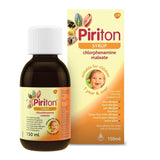

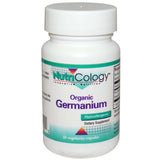
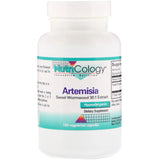



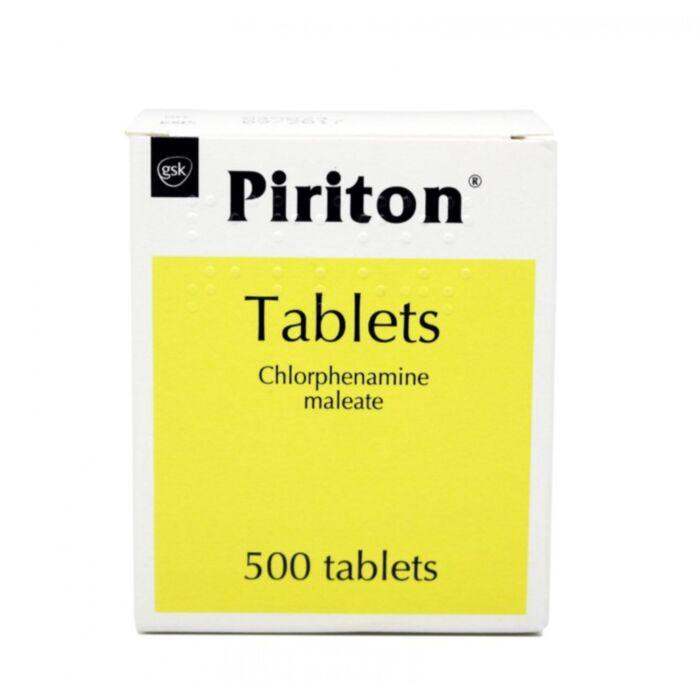

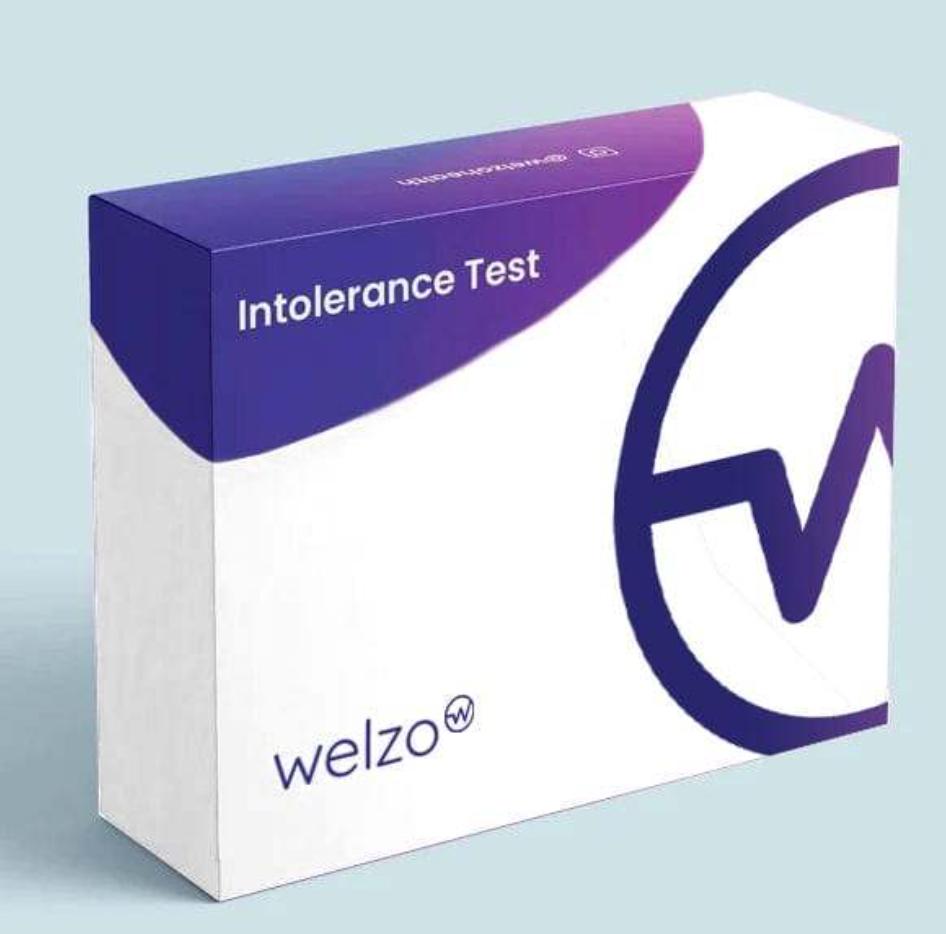





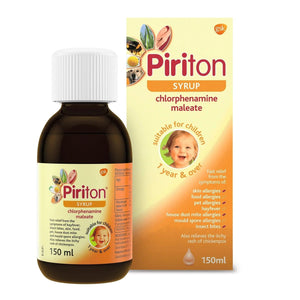

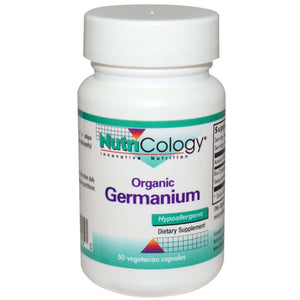
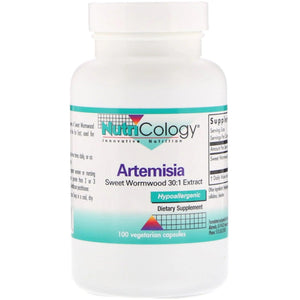
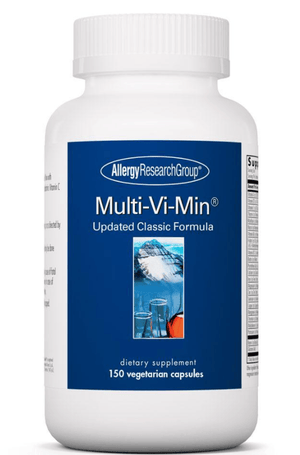


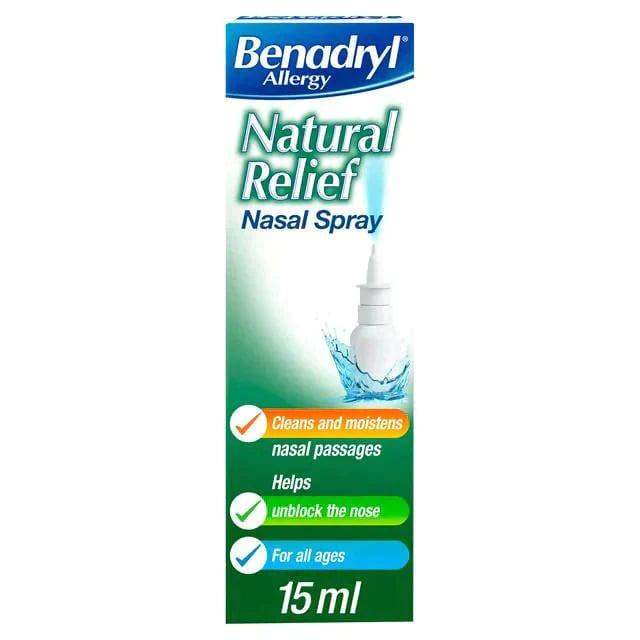
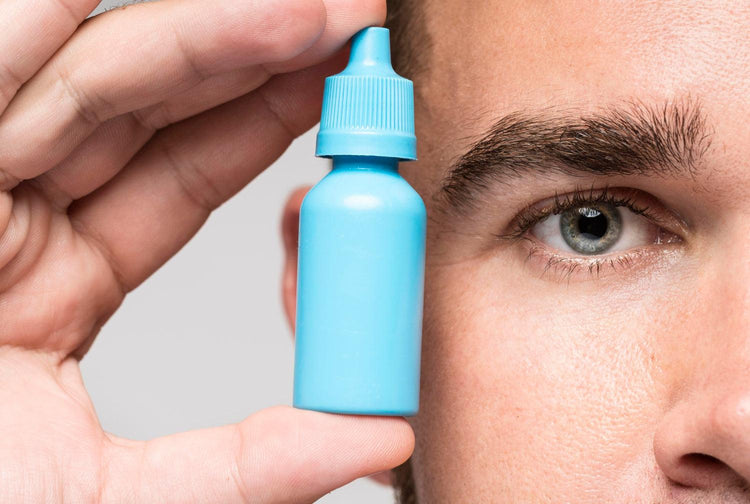
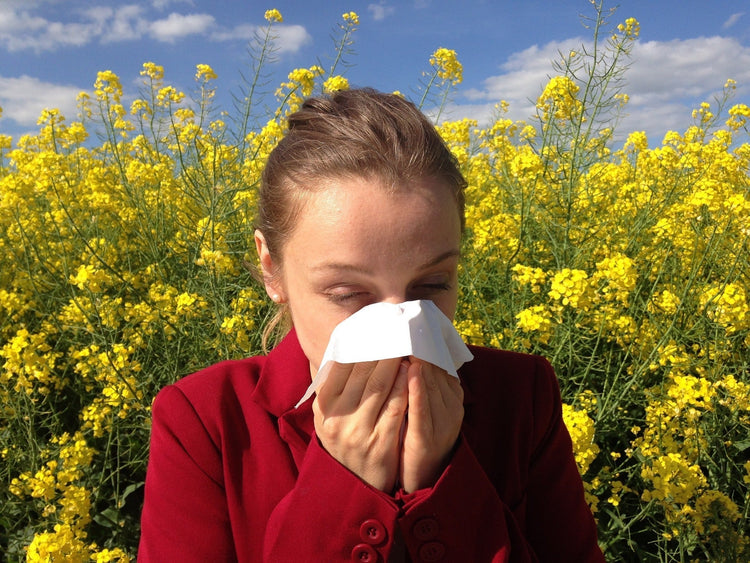

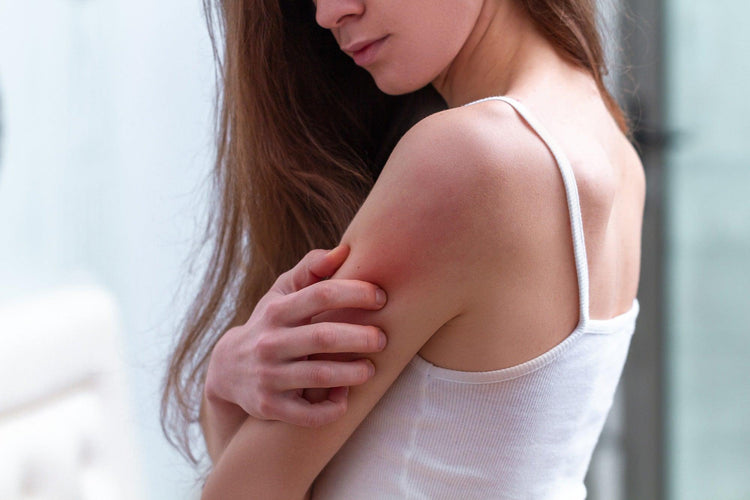
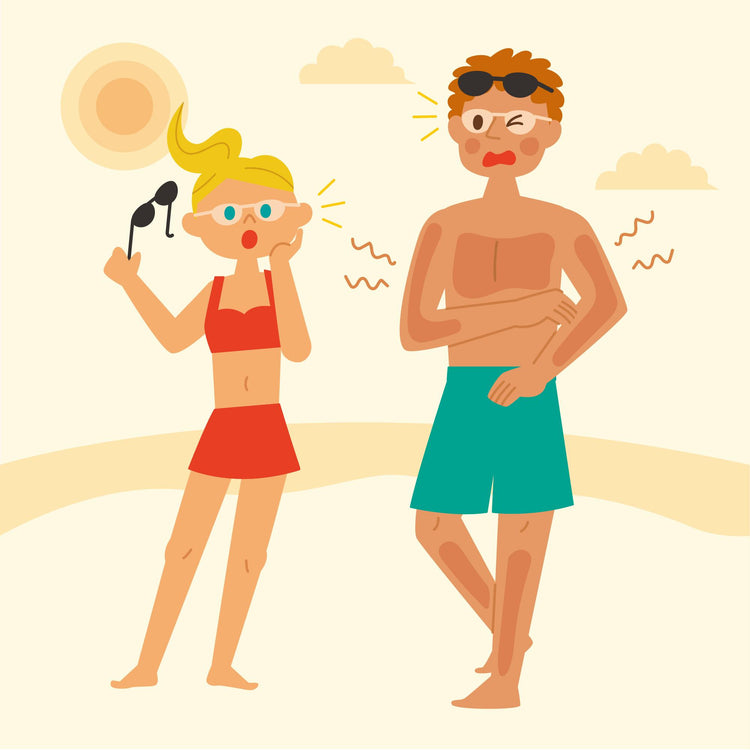
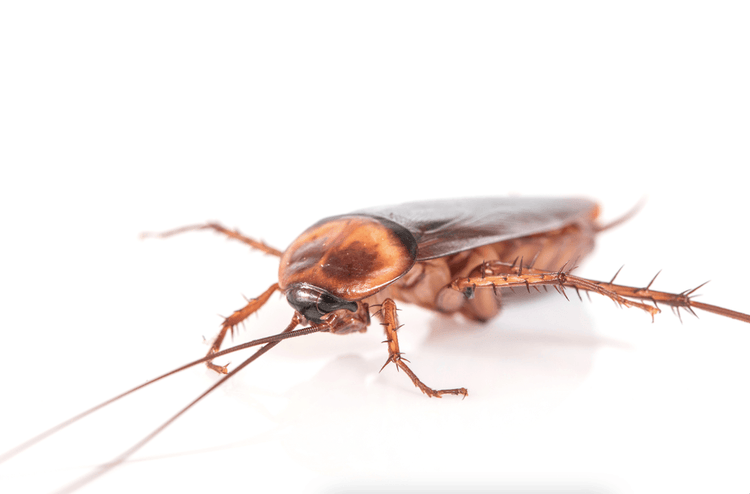
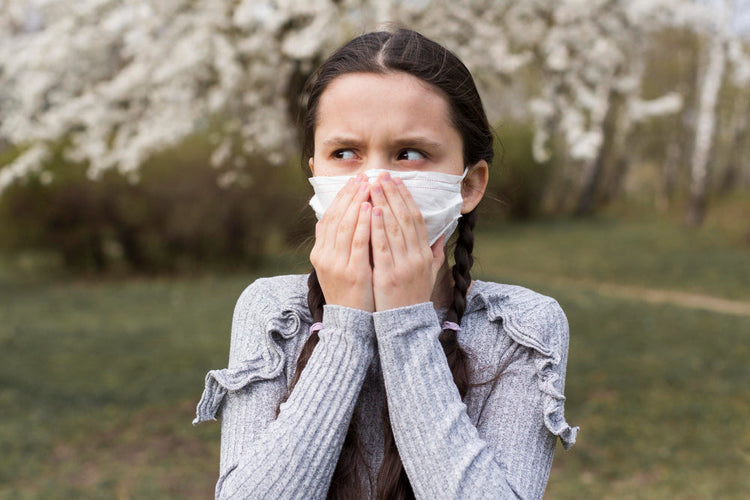
 Rated Excellent by 26,523+ Reviews
Rated Excellent by 26,523+ Reviews